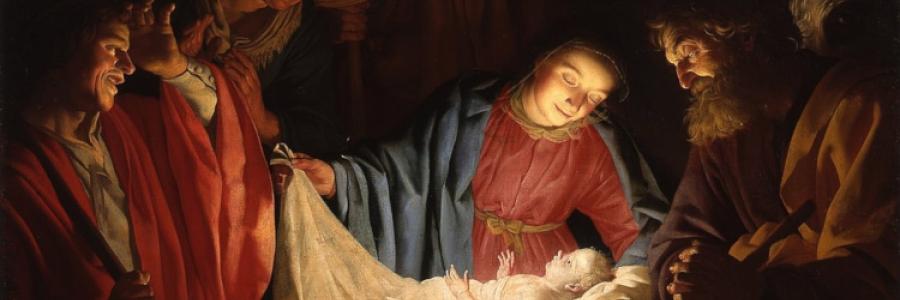Napoleon Syndrome? The Claims Jesus Made
Reposted from a The Cripplegate.
Napoleon Bonaparte delusion is a real thing. When the diminutive Emperor of France was in the heyday of his popularity, people would dress like him and act like him, and some were even institutionalized for their delusion. But what would happen if the real Napoleon ended up in an institution with deluded people who were also claiming to be Napoleon. This is the plot of a novel by Simon Leys, called The Death of Napoleon.






Discussion